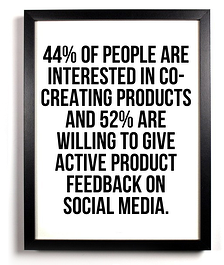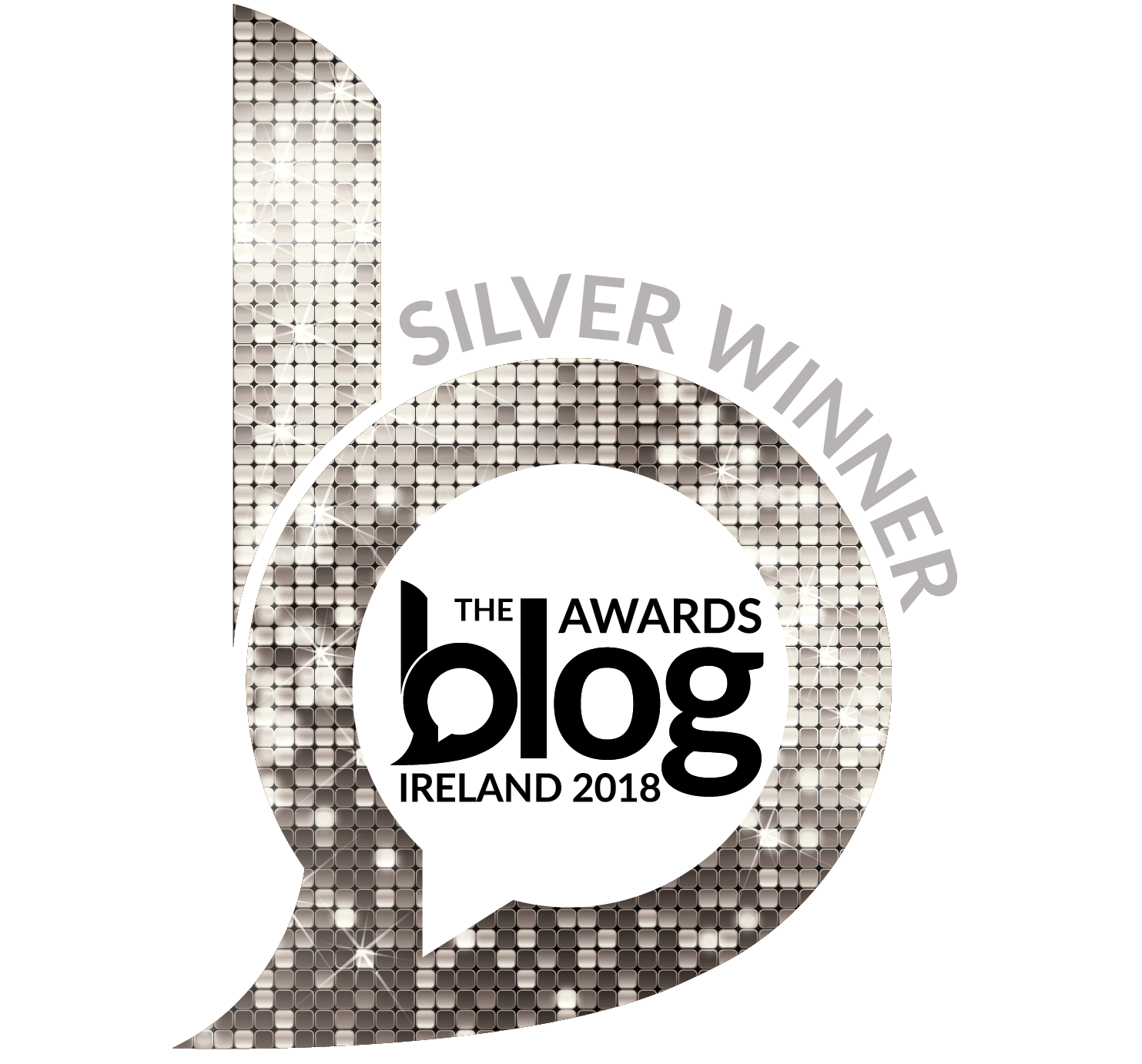Many companies, especially  multinational organisations, have been putting some serious efforts to adopt sustainability into their operations and supply chains. As my dissertation has shown, this move towards sustainable development has largely been due to increased stakeholder expectations and the need to secure a safe future for the next generations by tackling the major planetary issues we are facing today. Admittedly however, the challenge in the 21st century sustainability is not the lack of technology, but the need to transform consumer behaviour, which can only be overcome by educating society and facilitating knowledge. This means that businesses today are not only required to effectively communicate their efforts, but to also make them relevant to the community and to involve and engage people to take action.
multinational organisations, have been putting some serious efforts to adopt sustainability into their operations and supply chains. As my dissertation has shown, this move towards sustainable development has largely been due to increased stakeholder expectations and the need to secure a safe future for the next generations by tackling the major planetary issues we are facing today. Admittedly however, the challenge in the 21st century sustainability is not the lack of technology, but the need to transform consumer behaviour, which can only be overcome by educating society and facilitating knowledge. This means that businesses today are not only required to effectively communicate their efforts, but to also make them relevant to the community and to involve and engage people to take action.
This is indeed easier said than done. But, a relatively new avenue for communications in the realm of corporate sustainability provides social media – not just technology, but a significant shift in the way we communicate, interact and build relationships.
At the beginning of the emergence of social media companies were rather sceptical and it took a while before social media was properly adopted into marketing communications and PR (although this is still not the case in each and every organisation). We can observe a similar thing when it comes to using social media for sustainability – leaders find it difficult to see the potentials and to really make it work.
As I am very passionate about this topic and I firmly believe that social media is going to play a significant role in building a sustainable future, I would like to share 44 facts and figures from various studies that are included in my dissertation and that back up my beliefs. This way, I am hoping to progress the conversation about social media’s power for sustainability. I would love to hear what you think.
So, here are the 44 facts and figures businesses cannot ignore in their sustainability efforts and comms:
- People today are a lot more aware of how much power and profits enterprises have gained and unfortunately how less they have given back to the community in return – research suggests that the differential between the two according to consumer perceptions is a gap of 55%.
- 69% of respondents in a research by Havas say they expect enterprises to make the world a better place.
- According to the MIT Sloan Management Review the most significant driver (with 41%) that has led companies to adopt sustainability strategies is that customers prefer more sustainable products and services.
- However, a global survey by McKinsey found that only a fifth of companies state that their philanthropic programmes “are meeting social goals and stakeholder expectations”.
- A research by Procter & Gamble shows that 10% of people are not engaged in sustainability at all and their purchasing habits are largely and consistently being driven by cost value.
- According to the 2013 Green Gap Trend Tracker 45% of people seek out environmental information, 71% consider the environment when they shop and 66% seek out instructions on how to dispose a product responsibly. However, 71% of people wish companies would do a better job to help them understand environmental terms and 85% would like companies to educate them on how to use or dispose their products more responsibly.
- But not only consumers want to learn more. With a 66% increase in inquiries about organisational activities over the course of 12 months shareholders and investors are showing a growing interest in sustainability-oriented issues (EYMG).
- Unfortunately, companies are not meeting these demands: evidence by the 2012 Sustainability Leadership Report reveals that stakeholder sustainability perception of brands has strongly decreased even if actual sustainability performance has increased.
- Not only that, according to research 40% of people even say they would not purchase a company’s products or services if CSR results are not communicated (Environmental Leader).
- However, only 32% of consumers globally feel that brands communicate honestly (Havas Media).
- What’s more, only 18.7% of consumers trust what companies are saying in their sustainability and CSR reports, raising the question whether the significant investments in them are even worth it (Reputation Institute).
- Brands can no longer hide behind closed doors and control the conversation by pushing carefully crafted top-down messages because people find them intrusive and have little trust in them – Edelman found out that in the 21st century individuals have far more trust in others like themselves than CEOs or other company figures.
- The BBMG, GlobeScan and SustainAbility research on sustainability consumption found that the least trusted source about whether a product is environmentally or socially responsible is traditional company communications.
- Another study by the Reputation Institute also reveals that only 16.6% of people trust company advertising and marketing messages.
- According to further research 75% of consumers do not trust traditional advertising, whereas 71% are more likely to purchase a product if someone referred it to them on social media.
- Considering that 64% of people need to hear a company message three to five times to believe the information, social media provides the tools to simultaneously deliver that message across platforms to ensure it is heard.
- 78% of consumers would actually boycott a product if they discovered that its environmental claims were misleading.
- According to the BBMG, GlobeScan and SustainAbility research 18% of global consumers comment online about environmental and social issues or causes at least once a day; 17% do so one to two times a week; 18% one to two times a month.
- Two thirds of consumers globally (67%) already say they are “interested in sharing their ideas, opinions and experiences with companies to help them develop better products or create new solutions” (BBMG, GlobeScan and SustainAbility).
- A global research by Fleishman-Hillard and Harris Interactive found that 69% of people follow a brand on social networks to give positive feedback, 67% to share their opinions, 59% to submit ideas and 53% to give negative feedback.
- 44% of the over 9,000 participants in a global study indicated that they were interested in co-creating products and 52% were willing to give active product feedback on social media.
- Similarly, IBM reports that 49% of consumers interact with brands on social media to submit opinions about products or services and 30% to submit new ideas about such.
- According to research by EYMG employees have also emerged as key stakeholders in driving sustainability programmes ranking with 22% at number two of the most important interest groups (after customers (37%) and before shareholders (15%), making employee engagement highly relevant for organisational comms strategies.
- In fact, according to a research by McKinsey&Company by fully implementing and adopting social technologies companies have an opportunity to improve the productivity of high-skill knowledge workers by 20 to 25 percent.
- Research by Brunswick Insight highlights that currently social media and online engagement activities involve more monitoring than active engagement with 79% monitoring social media channels and just 30% blogging, 28% mapping online influencers and 19% creating online panels. Nevertheless, one in three (34%) think that social media and online tools will in general be the most effective way for stakeholder engagement in five years’ time.
- Unsettling is though that according to a study by the Ethical Corporation only 15% of companies believe they are fully engaged to tackle a social media attack or problem, whereas 20% are completely unprepared.
Quantifying the link between social and environmental actions and financial performance is a major challenge organisations are facing when aligning their strategies with sustainability. Progress has been made (especially among leading MNCs), but not enough and it is therefore evident that the current prevailing business paradigm, largely based on the “take-make-dispose” philosophy, is no longer fit for purpose. Milton Friedman’s philosophy that the only responsibility of business is to increase its profits has therefore become largely inadequate in the 21st century. As Hutchins argues, businesses are increasingly recognising the need to go beyond short-term maximisation and behave more like “emergent, living organisms” in order to thrive and survive in the current dynamic and volatile environment simply because corporations are part of society, they are mutually interdependent – society depends on companies for wealth creation, whereas companies require a healthy society to create and share that wealth with.
As Galileo once said, “You cannot teach a man anything; you can only help him to find it within himself.” Carnegie explains it very well: people cannot be forced or driven to agree or act in the way others want; people need to be gently and friendly led, inspired and engaged to change their minds. And this is where the power of social media lies – in reaching the right audience, building a truly engaged community and fostering real change to collaboratively shape a sustainable future.
Want to know more about social media for sustainability?
Get the book here. The research was published as a book called "Social Media - Key for Sustainability Communications". Read it now!







